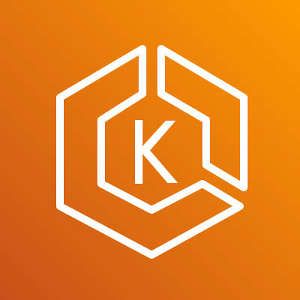-
Kubernetes: List all objects using get-all plugin
2 min read

If we need to take a look at the resources of a Kubernetes cluster, by using kubectl get all we won't be able to see all the resources. Most notably, it won't list Ingress objects. You can take a look at this issue for kubectl for the details but we won't be able to get all the resources using this command, we'll have to install the get-all krew plugin
14/09/2021
Read more... -
Kubernetes: Remove taint from node
2 min read

With a taint on a node we can repel Pods as we saw on the post regarding taints and tolerations. So, if we want to taint a node we use kubectl taint as follows:
$ kubectl taint nodes minikube application=example:NoSchedule node/minikube taintedHow do we untaint a node?
13/09/2021
Read more... -
Terraform: Convert launch configuration to launch template
2 min read

Launch templates were introducted in late 2017 as a replacement for launch configurations: They are very similar, although launch templates provide much deeper and wider options to configure the instances that are going to be launched (by using an Auto Scaling Group)
27/08/2021
Read more... -
How to configure an application to use SecurityGroups for Pods
4 min read

To be able to configure SecurityGroups we will have:
- Install SecurityGroups for Pods on the EKS cluster
- Configure the application to be able to actually use SecurityGroup for a Pods (this post)
This is what needs to be done considering that we are going to use an ALB to direct traffic to the application.
26/08/2021
Read more... -
How to install SecurityGroups for Pods on an AWS EKS clusters
4 min read

To be able to configure SecurityGroups at the Pod level, we have two very differentiated tasks:
- Install SecurityGroups for Pods on the EKS cluster (this post)
- Configure the application to be able to actually use it
Let's take a look at what needs to be done on the cluster side.
25/08/2021
Read more...